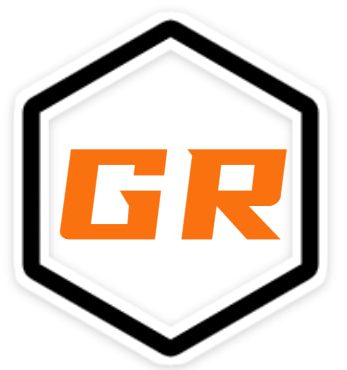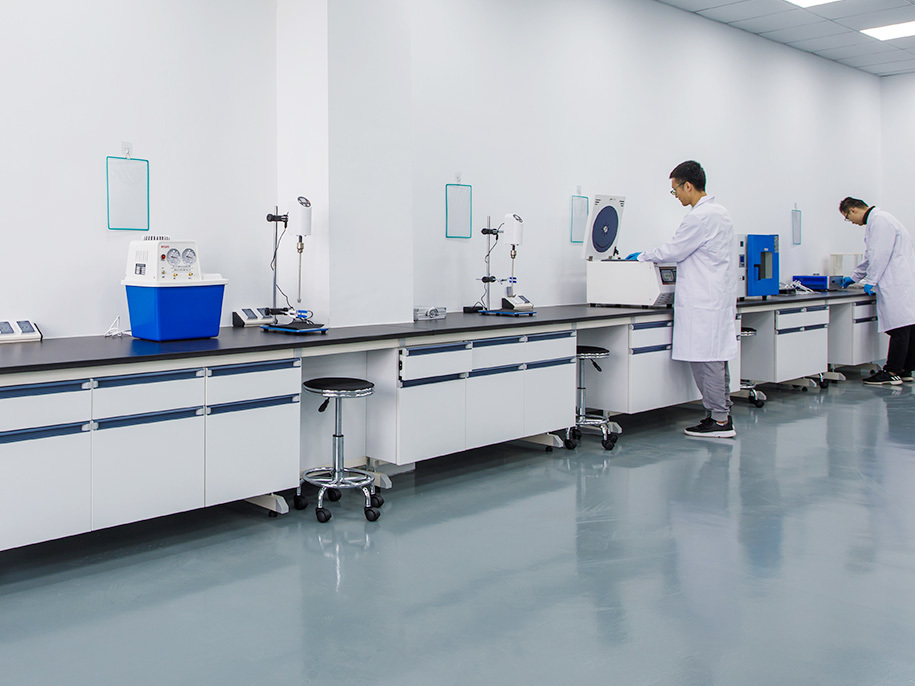1. Graphene Fireproof Materials

Technical Parameters
- High-Temperature Resistance: Graphene materials can withstand temperatures exceeding 3000°C, far higher than conventional materials (such as steel and aluminum), without undergoing structural changes.
- Flame Spread Rate: Graphene effectively prevents flame propagation, reaching Class A fire resistance standards, significantly reducing fire risk.
- Thermal Conductivity: Graphene has a thermal conductivity of 5000 W/m·K, higher than metals, effectively dispersing heat to prevent localized overheating.
- Thermal Expansion Coefficient: Graphene has an extremely low coefficient of thermal expansion, maintaining stability under extreme temperatures without cracking or deforming.
Material Composition
- Graphene Powder: High-purity single-layer or few-layer graphene powder.
- Base Materials: Graphene powder is combined with base materials like epoxy resin, polyurethane, or silicone to form fire-resistant coatings with enhanced heat resistance, fire resistance, and corrosion resistance.
Application Scenarios
- Building Materials: Applied as a coating on steel structures, concrete walls, floors, etc., to enhance fire resistance.
- Automotive Industry: Used in engine components, car bodies, and interior parts to improve fire protection.
- Electronics: Used in battery packs, electronic casings, and other high-temperature components to provide fire protection.
Performance Advantages
- Efficient Fireproofing: By utilizing graphene’s thermal conductivity and flame retardant properties, it reduces structural damage caused by fires.
- High-Temperature Resistance: Maintains the physical stability of materials at high temperatures, preventing softening or deformation.
- Lightweight: Graphene fireproof materials are thin and effective, reducing the load on building structures.
2. Graphene Thermal Insulation Materials
Technical Parameters
- Thermal Conductivity: Graphene’s thermal conductivity is 5000 W/m·K, but in certain composite materials, adding graphene can optimize thermal insulation properties, achieving low thermal conductivity.
- Thickness Range: Graphene-based thermal insulation materials typically range from a few millimeters to a few centimeters, suitable for various building and industrial applications.
- Temperature Range: Suitable for high-temperature environments up to 1000°C, maintaining excellent thermal insulation properties.
Material Composition
- Graphene Powder: When combined with ceramic fibers, silicate, minerals, etc., graphene can enhance the thermal insulation performance of these traditional materials.
- Base Materials: Graphene is used with polymers, ceramics, etc., to create lightweight thermal insulation boards or coatings.
Application Scenarios
- Building Walls and Roofs: Graphene-based thermal insulation materials are applied to building walls, roofs, and floors to significantly improve energy efficiency and reduce energy consumption from air conditioning and heating.
- High-Temperature Equipment: Used on the surface of boilers, pipes, and furnaces to prevent heat loss and improve energy efficiency.
- Automotive and Aerospace: Graphene thermal insulation materials are used in engine components, brake systems, vehicle chassis, and aircraft cabins to ensure stable performance in high-temperature environments.
Performance Advantages
- Excellent Insulation: Graphene’s unique structure allows it to effectively block heat conduction, reducing energy loss.
- Lightweight and Efficient: Compared to traditional insulation materials, graphene-based materials are lighter and more efficient, improving energy savings.
- Durability: Suitable for extreme temperature environments, maintaining performance over long-term use without degradation.
3. Graphene Reinforced Coatings
Technical Parameters
- Adhesion Strength: Graphene-reinforced coatings have excellent adhesion, bonding firmly to a variety of substrates, including metal, concrete, and plastic.
- Corrosion Resistance: Graphene effectively prevents oxidation and corrosion, making it suitable for use in marine environments and other high-corrosion areas.
- Wear Resistance: The inclusion of graphene in coatings enhances their wear resistance, providing long-lasting protection.
- Water Resistance: Graphene coatings exhibit excellent water resistance, preventing moisture penetration.
Material Composition
- Graphene Powder: Graphene powder is dispersed in base materials like epoxy resin, polyurethane, or polyester to create enhanced coatings.
- Base Materials: Graphene coatings are often used on steel structures, concrete, wood, and other substrates to improve their protective properties.
Application Scenarios
- Building Exteriors and Infrastructure: Graphene coatings can be widely applied to building exteriors, underground structures, bridges, etc., to provide waterproofing, corrosion resistance, and UV protection.
- Industrial Facilities: Used on the surfaces of chemical plants, storage tanks, pipes, etc., to reduce corrosion and wear, extending equipment lifespan.
- Furniture and Home Appliances: Applied to the surface of furniture to enhance durability and aesthetic appeal.
Performance Advantages
- Excellent Corrosion and Weather Resistance: Graphene coatings provide long-lasting protection against harsh environments.
- UV Resistance: Effectively prevents UV rays from degrading or discoloring coatings.
- Eco-Friendliness: Graphene coatings are non-toxic, environmentally friendly, and suitable for projects requiring environmentally conscious materials.
Summary
Graphene, as an advanced material, offers unique properties that significantly enhance fireproof, thermal insulation, and coating materials. Its excellent high-temperature resistance, corrosion resistance, thermal insulation, wear resistance, and UV protection make it an ideal choice for improving the performance and durability of building and industrial materials. As technology advances, graphene-enhanced materials will become an emerging choice in the construction industry.
If you have more specific technical requirements or need product specifications, feel free to contact us. We will provide you with more detailed information and samples for your reference.

